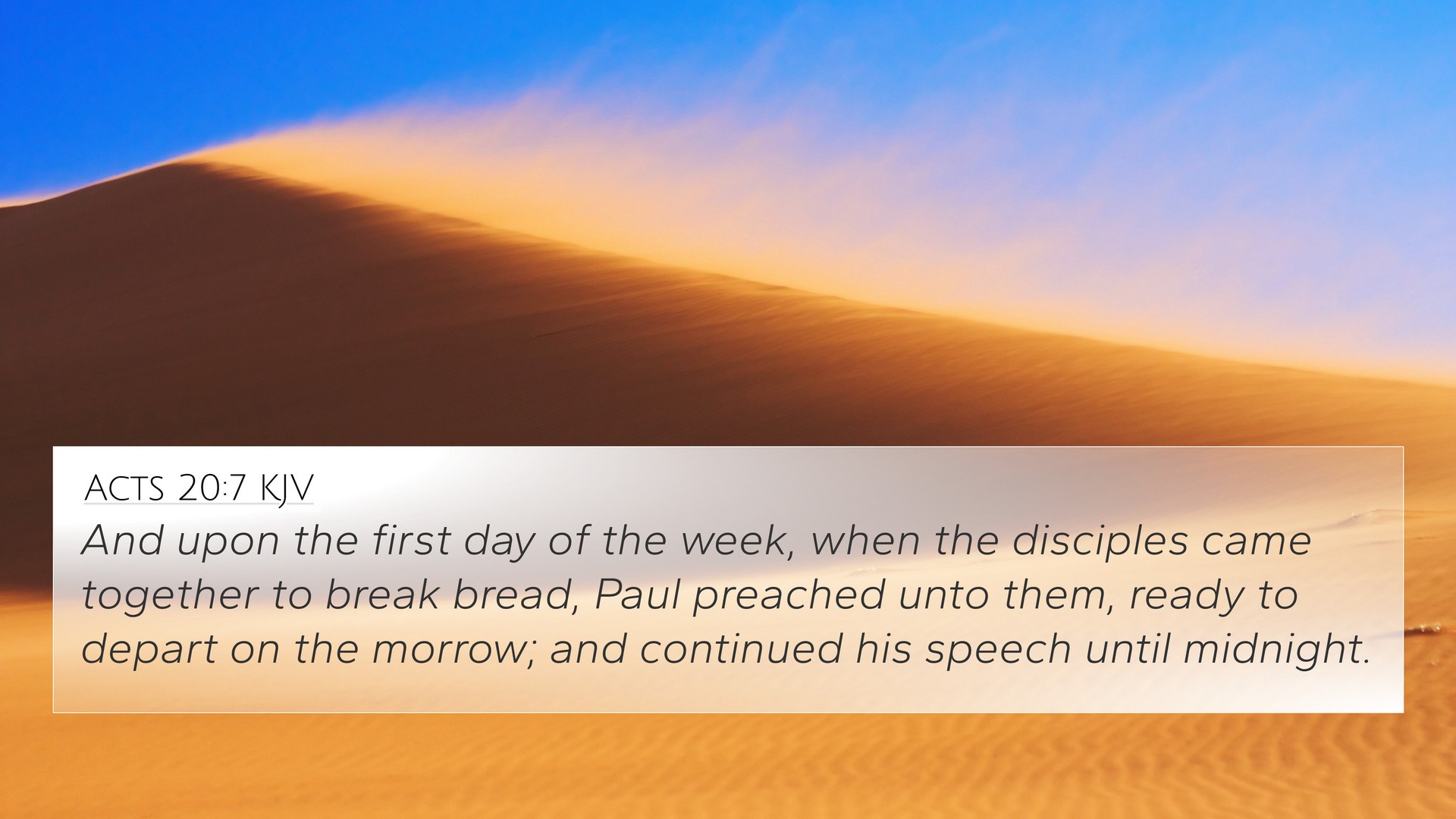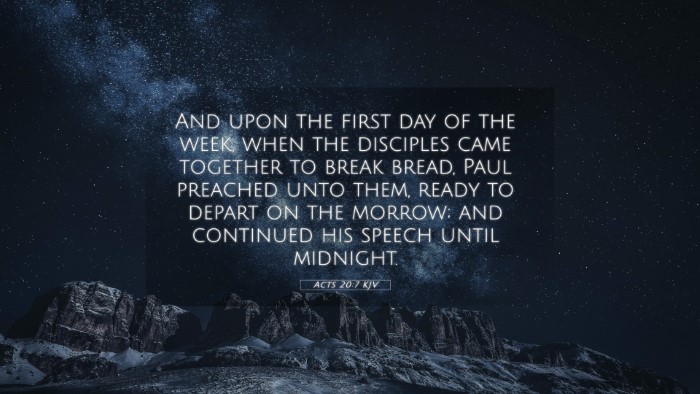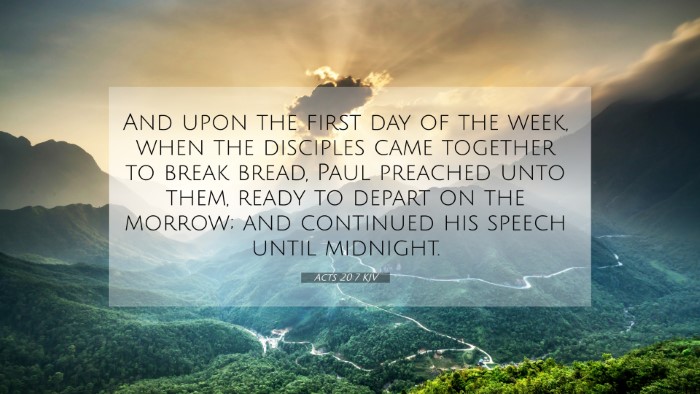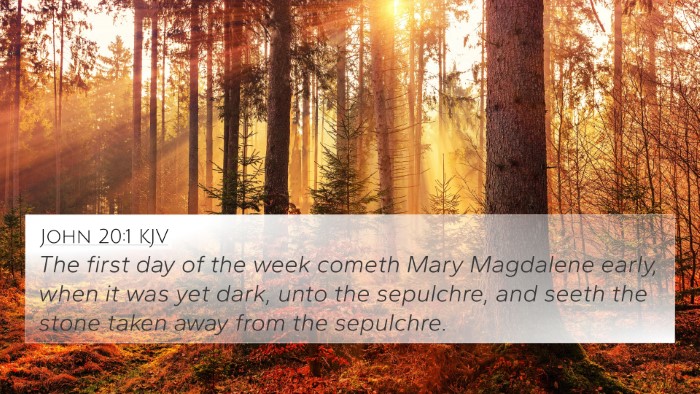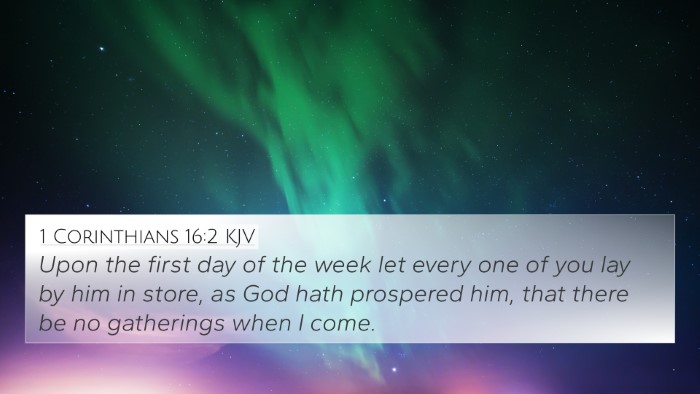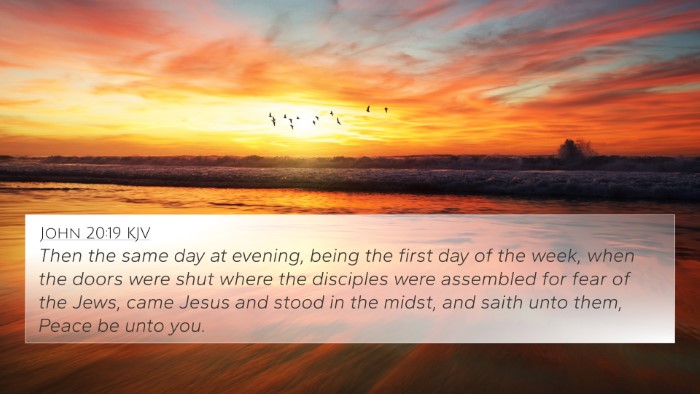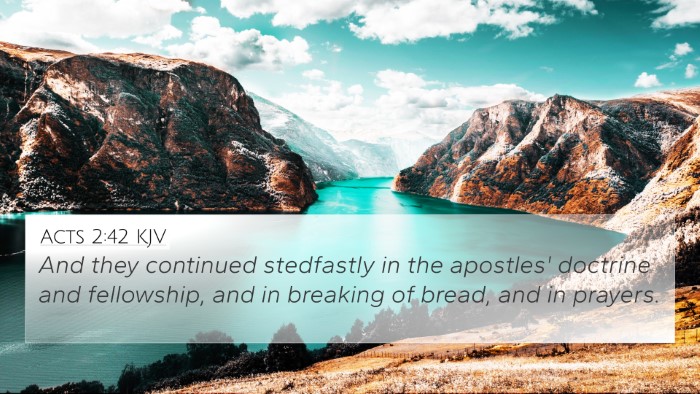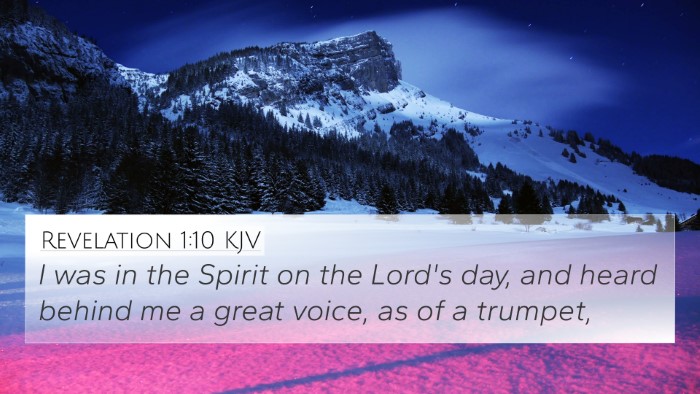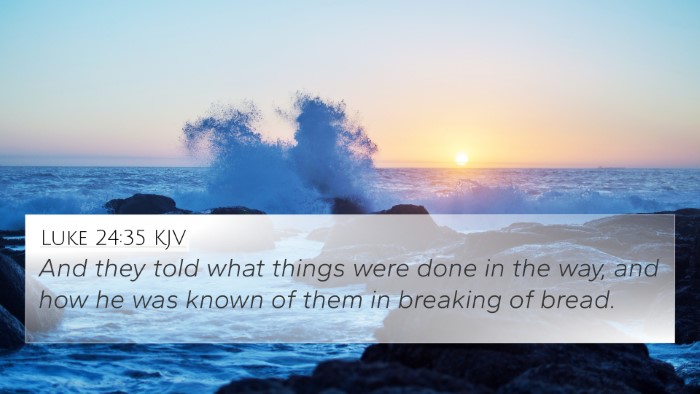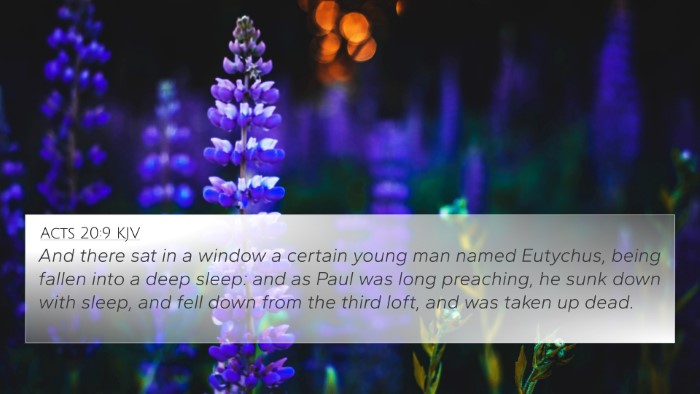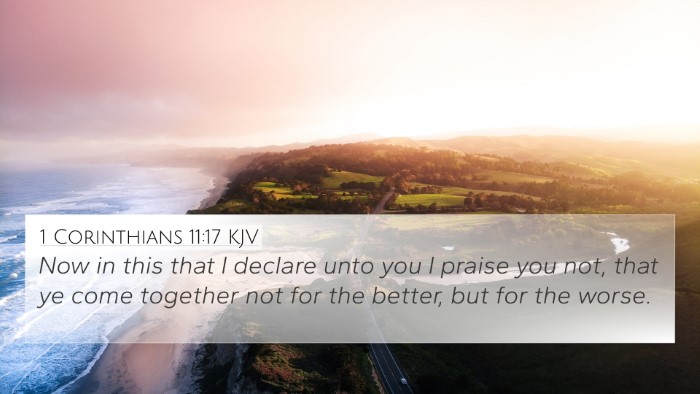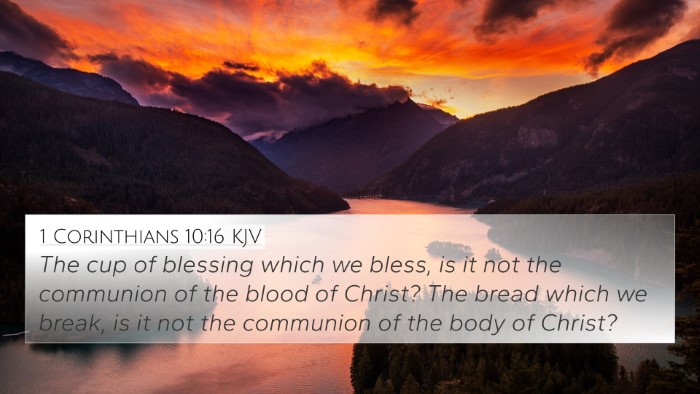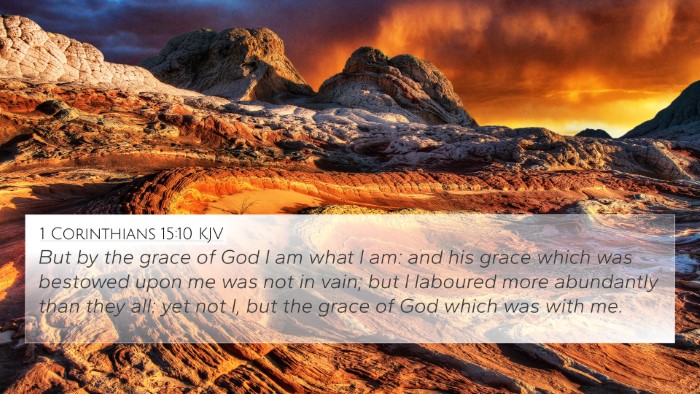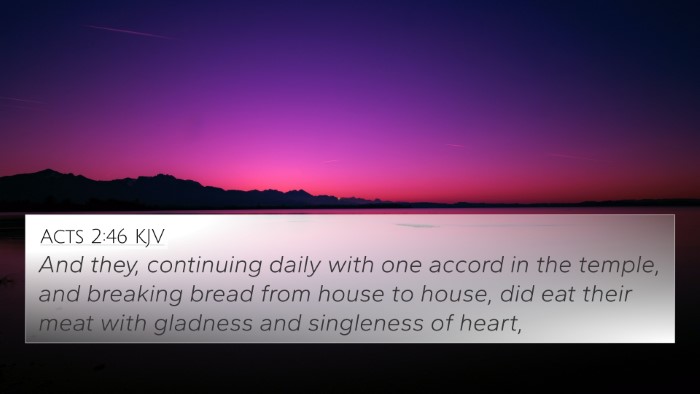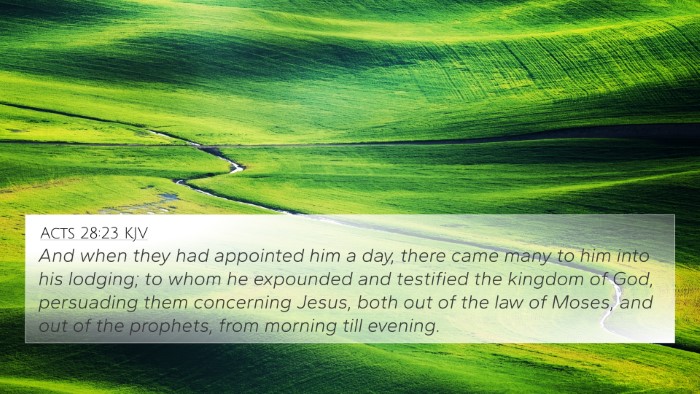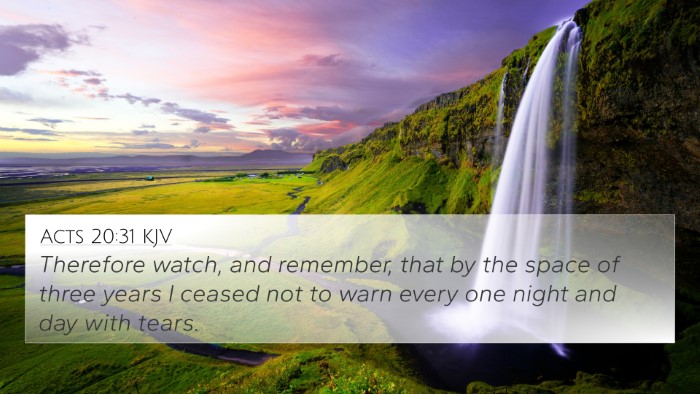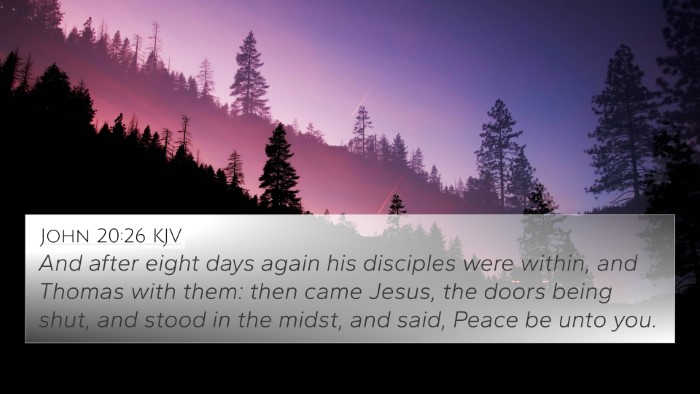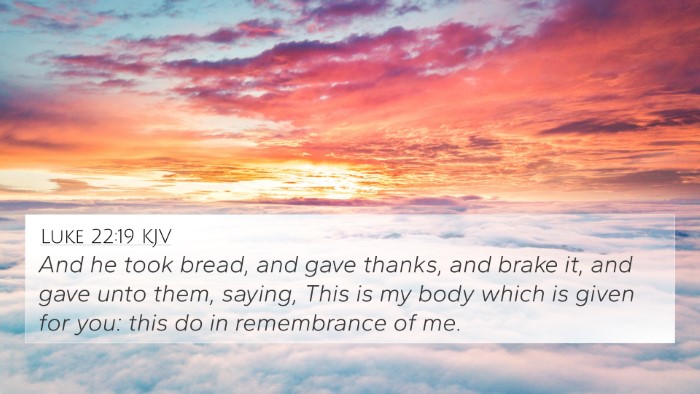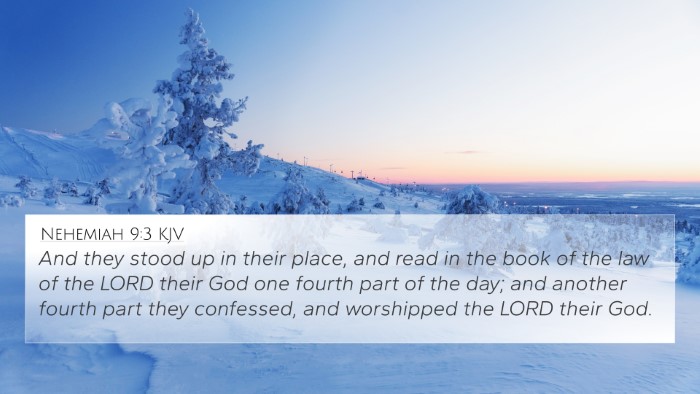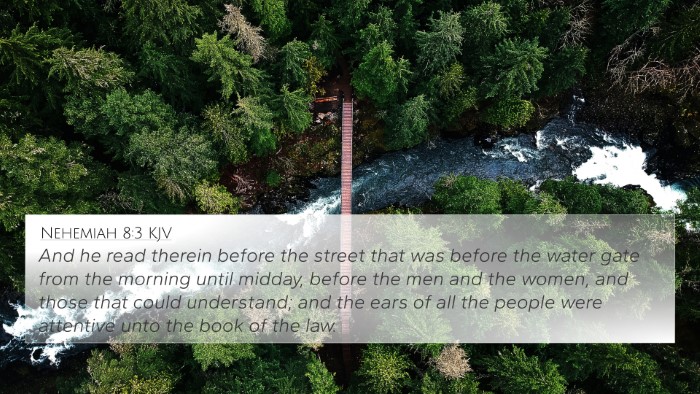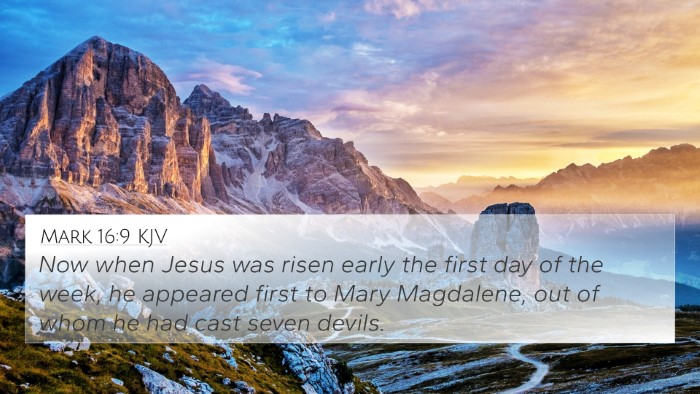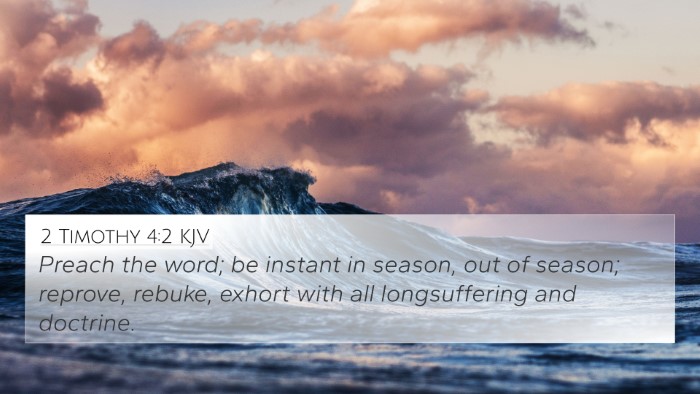Understanding Acts 20:7
Verse: "And upon the first day of the week, when the disciples came together to break bread, Paul preached unto them, ready to depart on the morrow; and continued his speech until midnight."
Summary of Meaning
This verse, Acts 20:7, provides rich insight into the early Christian practice of gathering for worship. It signifies not only the communal aspect of breaking bread, likely referring to the Lord’s Supper but also emphasizes the teaching and preaching ministry of Paul. The timing of the meeting on the first day of the week further contextualizes the shift from traditional Jewish worship on the Sabbath (Saturday) to Christian worship on Sunday, aligning with the resurrection of Christ.
Key Themes
- Gathering of Believers: This event demonstrates the importance of fellowship among the disciples, showcasing an early form of organized worship.
- The Lord's Supper: The act of breaking bread is significant; it symbolizes communion and unity in Christ.
- Paul's Teaching: Paul’s readiness to preach until midnight underscores the commitment to discipleship and the value placed on teaching within the early Church.
- Transition of Worship: The mention of the first day of the week marks the Christian tradition of Sunday worship, highlighting its significance.
Commentary Insights
The insights gathered from various public domain commentaries including Matthew Henry, Albert Barnes, and Adam Clarke offer a profound exploration of this verse:
Matthew Henry's Commentary
Henry emphasizes that this gathering was likely to celebrate the resurrection of Christ, thus establishing a precedent for Sunday worship among Christians. The act of breaking bread indicates a regular spiritual practice that fosters community and remembrance of Christ's sacrifice.
Albert Barnes' Notes
Barnes notes that the choice of timing reflects the growing transition within the Church. He points to the significance of Paul preaching until midnight, illustrating the dedication of early Christians to spiritual teaching and the importance of instruction in their faith journey.
Adam Clarke's Commentary
Clarke offers insight into the cultural significance of such gatherings, detailing how it reflects the enthusiasm and tireless spirit of believers in sharing and deepening their understanding of Christ's teachings.
Bible Cross-References
Acts 20:7 is connected to several other scripture passages that enhance understanding of its themes:
- 1 Corinthians 11:23-26: Discusses the practice of communion and the significance of breaking bread.
- Hebrews 10:25: Encourages believers not to forsake gathering together, mirroring the practice seen in Acts 20:7.
- Luke 22:19: Jesus institutes the Lord's Supper, establishing the tradition that the early Church continues.
- John 20:19-23: Jesus appears to the disciples on the first day of the week, further symbolizing its importance.
- Acts 2:42: Describes the early Church’s commitment to the apostles' teaching, fellowship, breaking of bread, and prayer.
- 1 Thessalonians 5:11: Encourages believers to build each other up, which aligns with the communal theme in Acts.
- Matthew 18:20: "For where two or three are gathered together in my name, there am I in the midst of them," confirming the significance of gathering.
- Revelation 1:10: John references being in the Spirit on the Lord's Day, indicating established significance of Sunday worship.
- Romans 12:1-2: Encourages presenting oneself as a living sacrifice during gatherings in worship.
- Colossians 3:16: Discusses the importance of letting the word of Christ dwell in believers richly, a practice supported through community gatherings.
Connections between Bible Verses
Acts 20:7 serves as a pivotal link in understanding the development of Christian worship and community. By analyzing the connections highlighted through cross-referencing, we uncover how these verses build a thematic dialogue around the nature of worship, teaching, and fellowship in the early Church.
Cross-Referencing in Bible Study
Using tools for Bible cross-referencing, believers can explore various themes and doctrines found throughout the scriptures. Here are some suggestions:
- Utilize a Bible concordance to identify terms and themes connecting to Acts 20:7.
- Engage with a cross-reference Bible study guide to deepen your understanding of the relationships among verses.
- Explore Bible reference resources that provide insights into historical context and thematic connections.
- Practice cross-referencing methods, allowing a broader view of biblical teachings as they relate to worship and community.
Final Thoughts
Acts 20:7 encapsulates fundamental aspects of early Christian life, focusing on worship, community, and the teaching ministry. Engaging with this verse and its cross-references provides a deeper appreciation of the dedication and practices of the early Church that continue to influence modern Christian worship.
